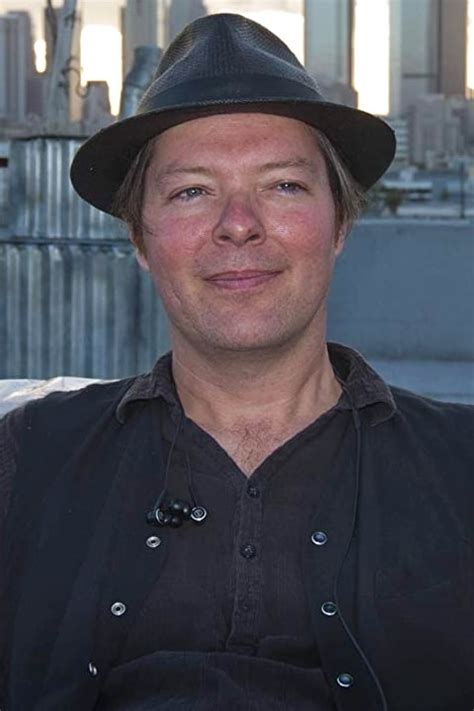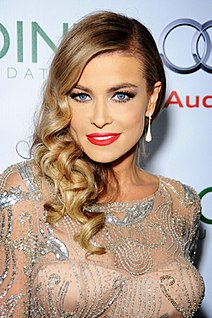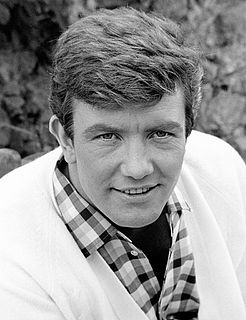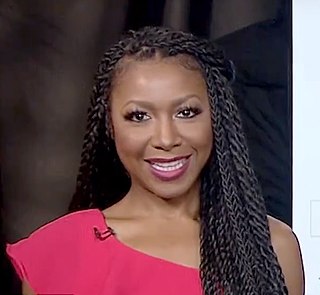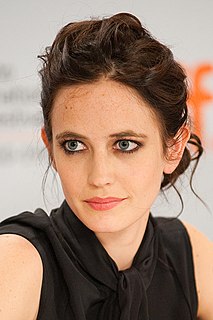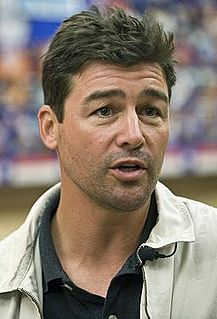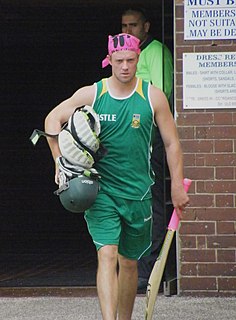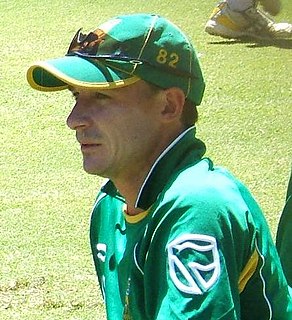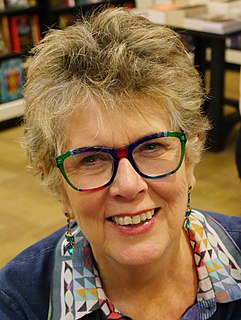A Quote by Rudolf Buitendach
I was approached by the filmmakers. I didn't know much about the project ["Selling Isobel"], and the more we talked, the more they started to confide in me. I read the script and thought it was really interesting, and then a week later I discovered that this wasn't just any old script, this was actually Frida's [Farell] story and she was trusting me to tell it. I felt very privileged.
Related Quotes
It's hard to tell if anyone's interested in reading a serialized story. But it's interesting to put in a cliffhanger each week. That was popular in old comic strips. They'd write a weekend story different from the daily strip. So people follow one story day to day, and a separate story on weekends. If you read them, you think "I'll read two more." Then you're like "I gotta find out!" And you read 500 more.
I had to audition for Fandango. When I read the script, the role that was interesting - so everyone thought - was the role that Costner played. He was the cool guy. And I read the script, and my representation at the time said, "That's the role you should read for." And I was like, "Really? How about I read for this other role." And they went, "Well, you're not going to get that role."
The script [of Regression] wasn't the draw for me. It was largely Alejandro [Amenabar] and his way of talking. To hear him talking about the script was way more interesting than the script. He wrote it, and so, English is his second language. It's an interesting thing. I've had that before. I was directed by Alfonso Cuarón before, too. It's always interesting when you're being directed by somebody like that. So much of directing is about communication, and finding the right words, and what it means, and how to convey certain emotions and ideas.
I think you have to ask yourself, what is the point of the script? What is the script selling? Because all scripts are political, every story is political. It either challenges or reinforces some schism or stereotype. So what is the project going to say at the end of the day? What does it tell you about the world, or what does it challenge in terms of your world?
